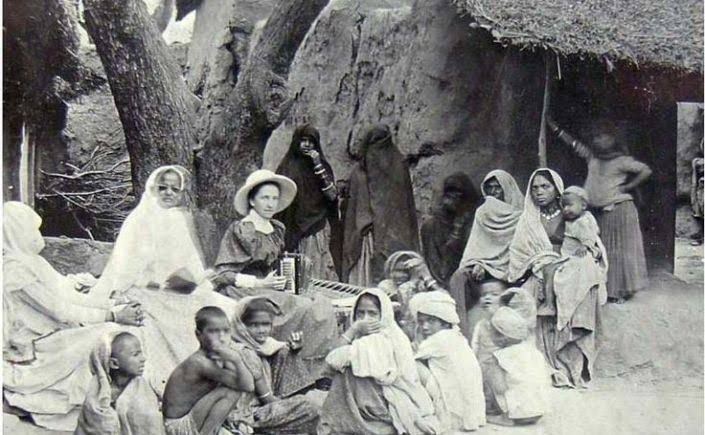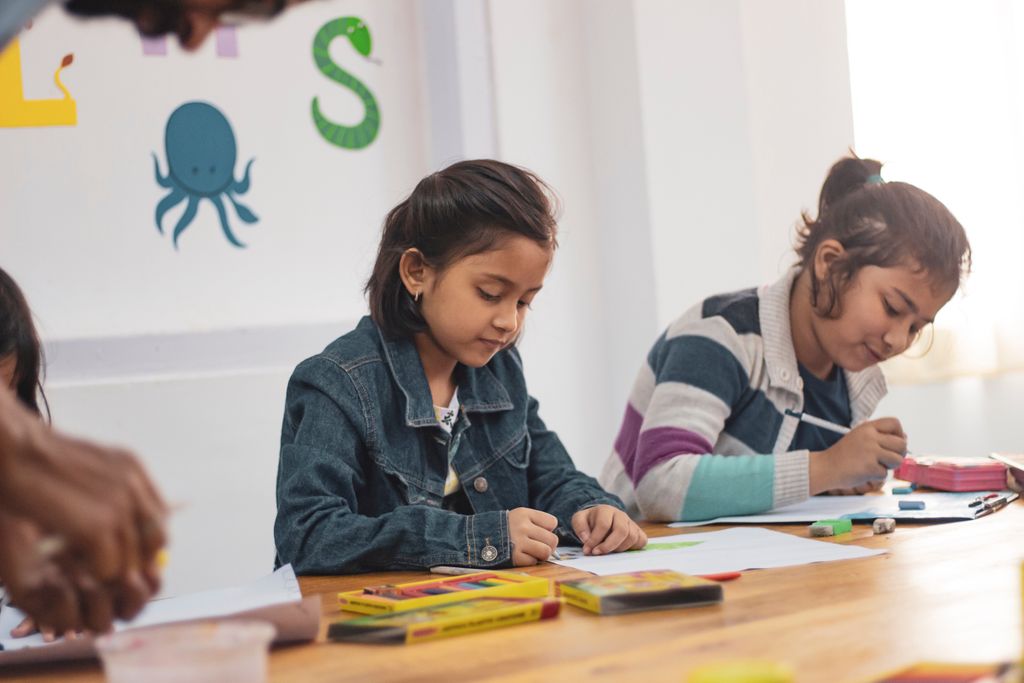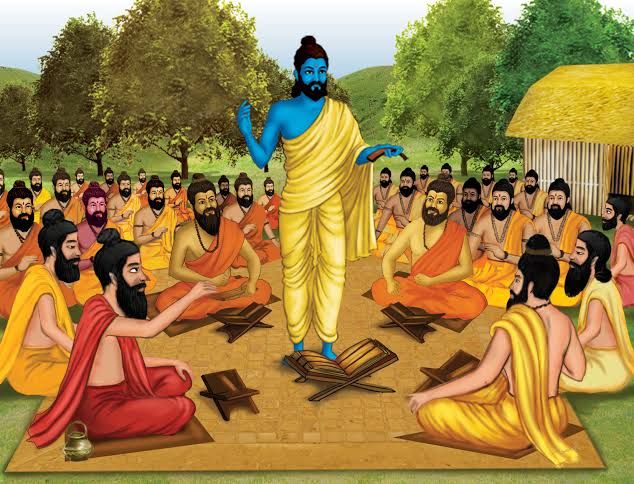Indian Education System
Jul 21, 2019 • 89 views
By heart. By heart. Mug up. Come to exam and puke on the paper. This is the cycle followed by schools, parents and students.

Education in India after colonization
Colonization had its own advantages and disadvantages on every sector of India. But what we focus here is its effects on education system of India. In 19th century the Missionaries started their schools in different parts of India.
According to R.C. Majumdar, English education transformed India to a great extent. Until the end of 18th century English was neither spoken nor understood. But at that time there were some elites who learnt how to read and write English fairly well. It was stated that the English schools were started for the children of British soldiers who lived in India. Eventually they were opened to the elite Indians.
They focused on subjects such as philosophy, religion (mostly Christianity), physical science, natural science, English and so on. Most of these subjects are still followed in Indian education system as an effective way to provide knowledge to students.

But what we fail to notice is that this system doesn’t treat every student for its unique talent and forces everyone through the same path of acquiring “knowledge” as a method of showing equality and justice.
To put it in simple words, imagine a forest of different animals with different abilities asked to climb a tree as a test for their capabilities. Can a fish climb the tree without failing? But a monkey can climb the tree easily.
Is this really ‘equality’ of education?

Education in India before colonization
We can observe and learn about education in India before colonization from epics like Mahabharatam and Ramayanam.
We see that Mahabharatam has five protagonists who were the Pandavas namely Yudhishthira, Bheema, Arjuna, Nakula and Sahadeva. Even though all the five brothers went to same school for education, they were specialized in different areas fueling their uniqueness and individuality. If it weren’t for that, Arjuna wouldn’t have been the master of archerery, Bheema wouldn’t have wielded a mace and Yudhishtra wouldn’t have been the wisest and the most righteous person in his kingdom.
In Ramamyanam even though all the brothers have the same abilities we learn that the morals that they possess are very high off compared to the ones that we are taught now.
There must have been so many hidden facts about Indian education system in many epics, books across all the religion that one fails to realize. But like every other thing in this world, there were a few disadvantages for this system where lower castes were denied of education. And some of you would argue that women were also denied of education which can be proved wrong as they were home schooled.
What if we can bring this model of education back without the disadvantages that it had?
What do we need in education
We need the change in education system. The right change. Where marks doesn’t decide our fate and were knowledge decides our future. Where fishes are tested for swimming and monkeys are tested for climbing tree. Where we are accepted for being ourselves.
